|
By Christine Murray, See the Triumph Co-Founder
All this month, we’re focusing on how colleges and universities can become non-stigmatizing environments for survivors of intimate partner violence and other forms of abuse. Recently, there has been a lot of media attention to the issue of sexual assault on college campuses, especially how victims are often blamed and face significant barriers when they come forward to report their abuse. These news stories call attention to the significant stigma that often surrounds abuse and assault on many college campuses, and this stigma is one of the main reasons we are focusing on this topic this month. However, there’s another important reason why we are so concerned about the climate on college campuses for survivors of abuse, and it stems from the findings of our research with survivors of past abusive relationships. One of the issues we’ve focused on learning about in our research is how people overcome past experiences of abuse and move forward into peaceful, nonviolent lives and relationships. A theme we heard from so many participants in our research was that attending and completing college was a major stepping stone for their own process of overcoming the past abuse in their lives. Of course, we don’t want to convey that college or university studies are the only way people can overcome past abuse. Many survivors had already completed their highest levels of education before they experienced abuse. Still others find other paths to overcoming past abuse, such as by pursuing other career paths, finding support from other people in their lives, or seeking counseling--and any particular path may be the right direction for each person. College may or may not be a part of that equation. However, there are many reasons why college and university studies can play an important role in helping survivors overcome past abuse, and many of these reasons are illustrated by quotes from participants on our research. First, a college education can provide survivors with tools and qualifications that help them achieve financial independence and career success. For example, consider the following quotes from participants in our research:
Third, many survivors in our research noted that attending college was one part of their overall journeys to overcoming their past abuse. Examples of statements reflecting this theme are as follows:
Ultimately, there are so many possible benefits that survivors can achieve by furthering their education as part of their process of overcoming past abuse. Because of this, we believe that colleges and universities have a valuable and unique opportunity to help support survivors in achieving financial independence, career success, enhanced self-awareness, and greater knowledge about common dynamics involved in both healthy and unsafe relationships. Colleges can choose to intentionally embrace these opportunities and help foster supportive environments for survivors. In so doing, they can both serve their educational missions and help survivors and others who’ve faced traumatic events to take meaningful, life-changing steps toward safety and empowerment. 9/16/2014 Understanding Intimate Partner RapeRape and sexual assault are recognized as important issues on college campuses. Many colleges and universities across the country are working to prevent sexual violence, provide better resources for survivors, and hold offenders accountable. Within these efforts, it's important to remember that rape and sexual assault can occur within intimate relationships, including dating relationships, committed partnerships, and marriage. The following infographic provides some important information for understanding sexual assault and rape within the context of an intimate relationship. This infographic was created by Jennifer Schenker, who is a graduate student in the Department of Counseling and Educational Development at the University of North Carolina at Greensboro. Sources of information used in the infographic were as follows:
Earlier today, See the Triumph Co-Founder, Christine Murray, was interviewed for WSJS radio in North Carolina. In the interview, she talks about the reasons people may stay in abusive relationships, early warning signs of possible abuse, and ways that people can help a friend or family member who they suspect is being abused.
Click here to listen to the full interview. You can also download an mp3 file of the interview by clicking here. By MargiAnne Isaia, See the Triumph Guest Blogger “Sacred Silence” in the Adventist Romanian Family is the secret which must be kept inside the holy circle surrounding husband and wife. I recently completed a qualitative research study, in which I was interested in exploring the experiences of Romanian Adventist abused spouses while they kept silence about been abused. A group of five abused spouses who live in the US and Romania, including four women and one man, answered open-ended questions about their experiences while been abused, as well as its impact on their beliefs, feelings, attitudes and their children’s lives. I also compared the study’s findings with information that was available in the reviewed literature. It’s important to note that the findings of my study can’t be generalized to all Romanian Adventist families—rather, they offer a glimpse into the ways that some members of this cultural group experience intimate partner violence. The Romanian Adventist abused spouses I studied did not immediately seek help for their abusive relationships. The victims kept silent for a while, trying hard, based on their religious beliefs in changing their abusive spouses. It took time and deterioration of the participants’ health or their home situation got unmanageable in order for them to speak up. The participants lived with depression that was not present in their lives before getting married. The experience of participants with a history of psychiatric disorder supports the fact that domestic violence is under-detected in mental health services. Their children’s health was negatively impacted. The main coping mechanism they used was holding to their spirituality and a sense of hope. Denial of the abusive situation prevented one of the participants for looking for specialized help. At the same time, their religious beliefs influenced their views of getting help, or it led them to refuse to express shame or fear or ask for help somewhere else outside their pastors. Regretfully, participants reported that the Romanian Adventist pastors they encountered provided victims with an unsatisfactory spiritual counseling. Moreover, while providing counseling, the pastors often made the abused spouses feel guilty. The benefits of specialized help were emphasized by the participants. However, participants said that their pastors didn’t make referrals to other resources for help. The fact that study participants belonged to both genders could challenge the Christian fundamentalist view of women’s position in the family as submissive to her husband, and men’s position of authority, as the head of the woman. When applied in the context of family violence, it can become a toxic theology. Secrets about spousal abuse create distress for survivors’ physical, emotional, intellectual, social, occupational and spiritual health. Based on my research, I believe that people who promote “Sacred Silence” in abusive situations do not take into account the psycho-social health of victims. It is very difficult to recognize the fact that the abuse does happen in religious communities. Religious people, religious authorities included, often do not have the courage and maturity to face the reality and work toward stopping the abuse. My research suggests that some religious authorities deny or ignore or enforce the abuse. It takes maturity and wisdom from religious leaders to team with mental health professionals and provide comprehensive support for survivors of abuse. Likewise, it takes courage from religious leaders to recognize their accountability in perpetuating the abuse in the church. Overall, it takes compassion and authentic concern for people in order to work toward stopping the abuse. References
 Dr. MargiAnne Isaia, MD, MPH, is a Counseling MS Student at Loma Linda University/School of Behavioral Health. She is also the Program Developer and Initiator of Document X, a documentary film for raising awareness with regard to Child Sexual Abuse, and the film is available in Romanian and English, and very soon in Russian and Spanish. You can contact MargiAnne at www.enthusiasticlife.net and margianne7@hotmail.com. 9/11/2014 Someone You Know Is An AbuserBy Rachel Miller, See the Triumph Contributor
I’m a football fan, a very big football fan. Football Sundays at our house are sacred. I am also a survivor of domestic violence and an advocate, so needless to say, what has been happening within the NFL recently involving domestic violence has been of particular interest to me. Watching Inside the NFL Tuesday night, I was curious to see how the hosts would approach this very sensitive issue. What struck me most was former Ravens safety, Ed Reed’s, very obvious struggle with how to reconcile who he believes Ray Rice to be, a friend, former teammate, and, as he said last night, a man of “integrity,” and the man he saw brutally assault his then-fiancé, now wife, on that tape. My heart went out to him, in all honesty, because his struggle is a common one. Hard Truths The statistics tell us that 1 in 4 women will be affected by domestic violence during their lifetime. If you are on Twitter and have been following the #WhyIstayed #WhyIleft feeds, you can see survivors, including me, talking about our experiences and see just how many of us there are. Someone you know is or was in an abusive relationship. While that truth, in itself, can be hard for people to accept and deal with, what appears to be even more challenging for people to acknowledge is that these statistics also mean someone you know is an abuser. Yes, you know someone who abuses their family. Someone you believe is a good person, fun to hang out with, someone you’d trust your secrets to and kids with, abuses their family behind closed doors. I say family because children who witness domestic violence are also victims, and a large percentage of those who abuse their partners also eventually target their children. Believe it or not, abusers look just like you. They may hold a good job, go to church, coach little league, live in a nice house, drive a nice car, dress well, have a great sense of humor, and even volunteer at the local homeless shelter. The image they present, and the image the family presents, tell you nothing about the dynamics of their relationship with their intimate partner. If abusers looked evil or were awful to everyone, no one would ever have anything to do with them in the first place. Domestic violence and abuse are not only about the act of physical assault(s) on a partner. They are not about a lack of ability to manage anger, nor about a momentary loss of control. Domestic violence encompasses a pattern of behavior that is about gaining or maintaining power and control over an intimate partner or family member. What this means is that what happened to Janay Rice in that elevator is very likely only the escalation of the abuse she was subjected to prior. Most domestic violence starts as emotional abuse. Tactics such as intimidation, denial, blame, isolation, humiliation, gaslighting, and many others create a dynamic of fear within the relationship. It’s not even always fear of physical abuse—fear of retaliation in other ways can be just as debilitating. An abuser can keep a victim under their thumb without ever raising a hand to them. Your Role With this understanding, we need to look at how we interact with those who choose to abuse, because that is what they do, they choose to abuse their supposed loved ones. Only they are responsible for their behaviors, and until every person, in every community, begins holding them, and only them, accountable, they will continue to hide behind our silence. It can be challenging and uncomfortable to have to view an acquaintance, friend, or family member in this light. I do get that. No one wants to confront a friend or family member about how they treat their partner or what may be happening in their home, but if you don’t, who will? If you don’t question why they think treating someone they claim to love in a harmful way is okay, why would they ever think it’s wrong? I heard every one of the Inside the NFL hosts say “I just can’t believe this from Ray Rice” or something to that effect. They may not be able to see the man they know doing this, but that doesn’t change the fact that he did. If those closest to Mr. Rice, or any abuser, don’t sit him down and tell him his behaviors and beliefs about how to treat his partner are wrong, why would he think he needs to stop or change? I understand that no parent wants to think they raised someone who is capable of abuse. I understand that no one wants to think their sibling, cousin, uncle, aunt, nephew, niece, or friend could ever do something so awful. I understand many will want to say that what happens in someone else’s home isn’t their business. I even understand that having these types of conversations with someone is a little scary and very uncomfortable, especially if you have a hard time reconciling the image of the person you carry in your head with the kind of person who abuses their family. What I don’t understand, and never will, is how so many who know, suspect, or have been told that someone they know is abusive stay silent. Not only do most stay silent, they often choose not to defend the victim when the opportunity presents itself. This may manifest itself in remaining friends with an abuser despite being told that what they have done, or refusing to choose sides when a victim finally finds the courage to leave. It may be in allowing the abuser to badmouth their ex or even believing that just hanging out with them once in a while or grabbing a beer doesn’t mean you approve of what they do or did. Until abusers have to pay consequences within their own circles and communities, they will continue to believe that their behavior and beliefs are acceptable. Until the shame is shifted from the victim to the abuser, domestic violence will continue to be a pervasive problem within our society. What many fail to realize is our willingness to broach the subject with an abuser not only aids the victim, it also helps the abuser, who usually functions in the darkness of silence and secrecy, by turning the lights on and aiding them in confronting their own issues. Moving Forward If you found out your friend was child molester, would you not take the side of the child? Would you think it was acceptable to hang out with him at the local bar? Would you remain indifferent to the child’s suffering? Would you ignore the fact that they need get help? Somehow I doubt it. Yet when it comes to domestic violence, the reaction is often exactly that. I hear things like “Well, there are two sides to every story.” “No one knows what really happens in someone else’s relationship.” “Maybe she’s just saying that to get back at him or to get the kids.” The problem with these attitudes is that they are not only victim-blaming, they falsely assume that most victims are making it up or exaggerating. The number of false domestic violence allegations is low, very low. In fact, domestic violence and abuse are widely under reported. If someone tells you they are or were abused, they are probably only giving a glimpse into the reality of what they suffered. We need to be willing to tell abusers they need to get help. We need to be willing to end relationships with those abusers who refuse to see the wrong in their behaviors and get help. We need to be willing to stand on the side of victims regardless of whether or not we can “see” the person we thought we knew abusing. I don’t pretend this is easy or simple, but every time we do, we make it safer for victims to come forward. We make it harder for abusers to live among us. We show our children that abuse is not acceptable in any form and that it is okay to stand up and say so. What we tolerate will repeat itself, so we need to stop pretending like we aren’t tolerating abuse because we are. It is easy to sit back and say intimate partner violence is wrong, or I would never hit a woman. It is much harder to put your money where your mouth is and do the right thing. If you know someone who is or has been abusive to their partner, in any way, emotionally, physically, financially, or sexually, and it is almost a guarantee that you do, I urge you to speak up. Tell them they need help, provide them with resources to get it and if they refuse, be willing to stop tolerating the presence of abusers in your life. |
Archives
April 2024
CategoriesAll About Intimate Partner Violence About Intimate Partner Violence Advocacy Ambassadors Children Churches College Campuses Cultural Issues Domestic Violence Awareness Month Financial Recovery How To Help A Friend Human Rights Human-rights Immigrants International Media Overcoming Past Abuse Overcoming-past-abuse Parenting Prevention Resources For Survivors Safe Relationships Following Abuse Schools Selfcare Self-care Sexual Assault Sexuality Social Justice Social-justice Stigma Supporting Survivors Survivor Quotes Survivor-quotes Survivor Stories Teen Dating Violence Trafficking Transformative-approaches |
Search by typing & pressing enter


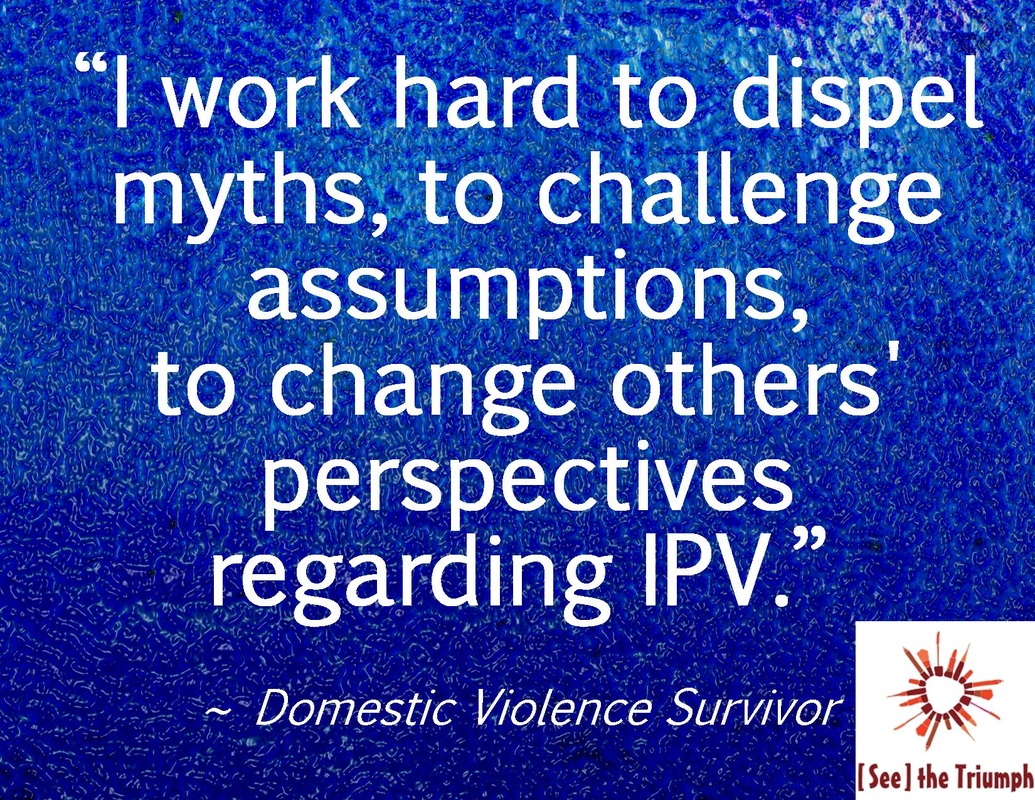
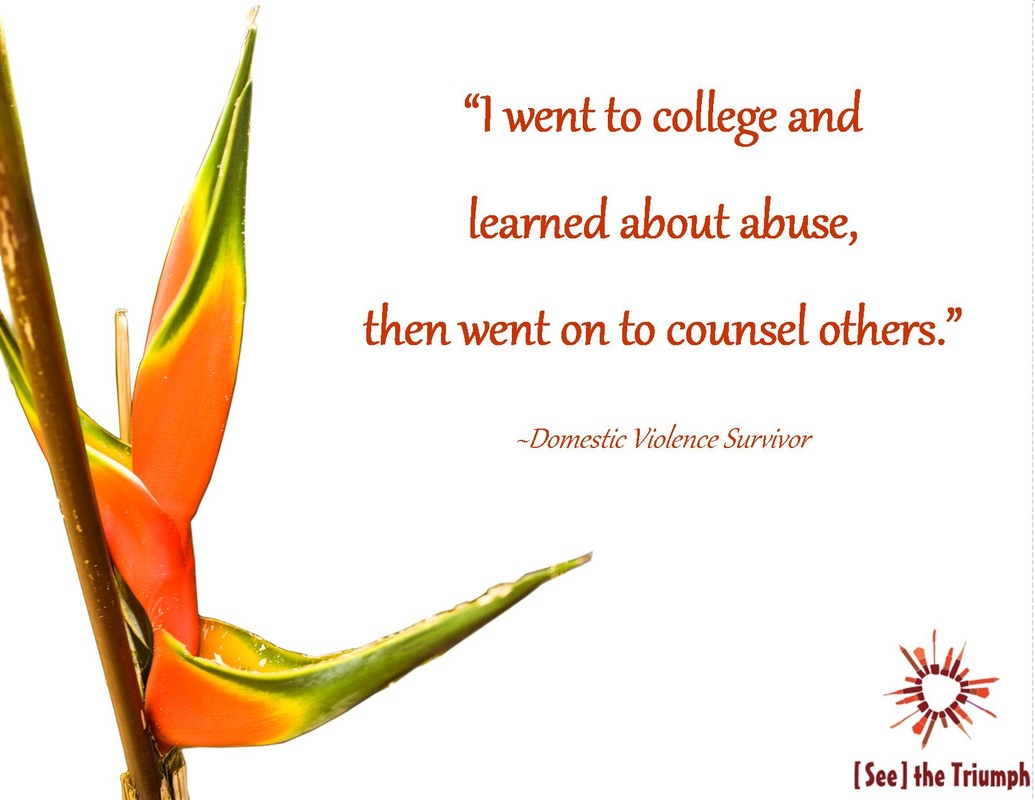
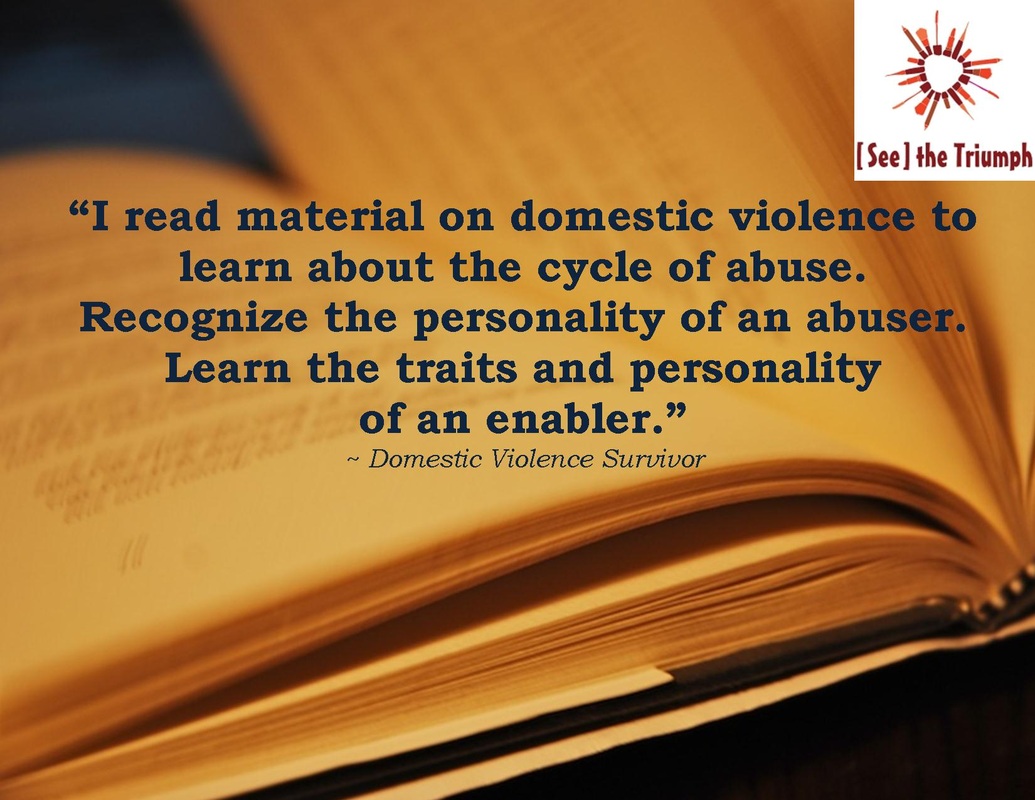
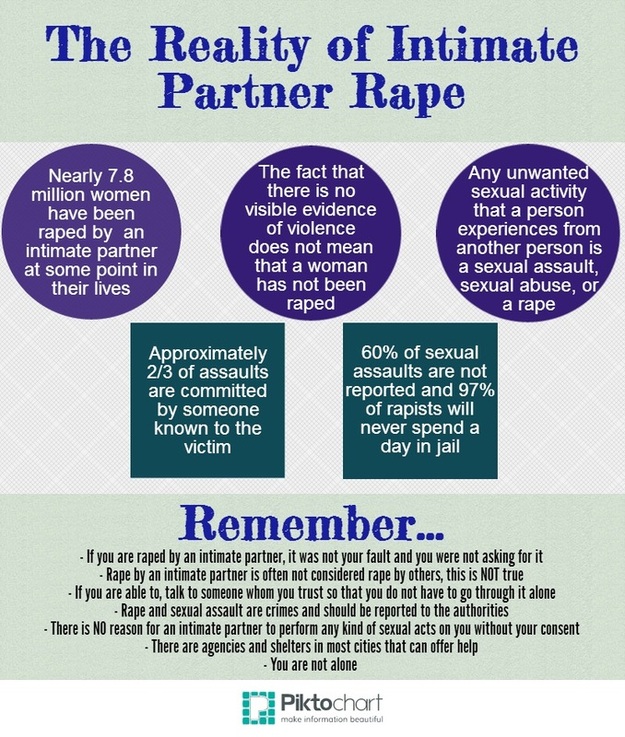
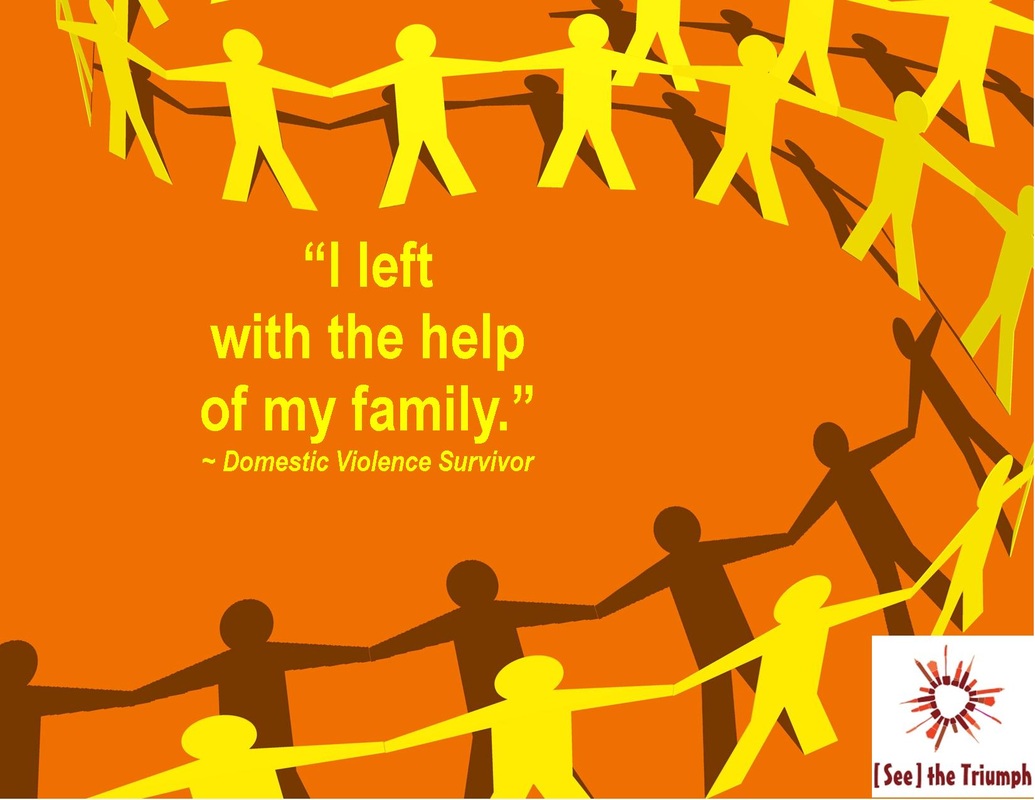
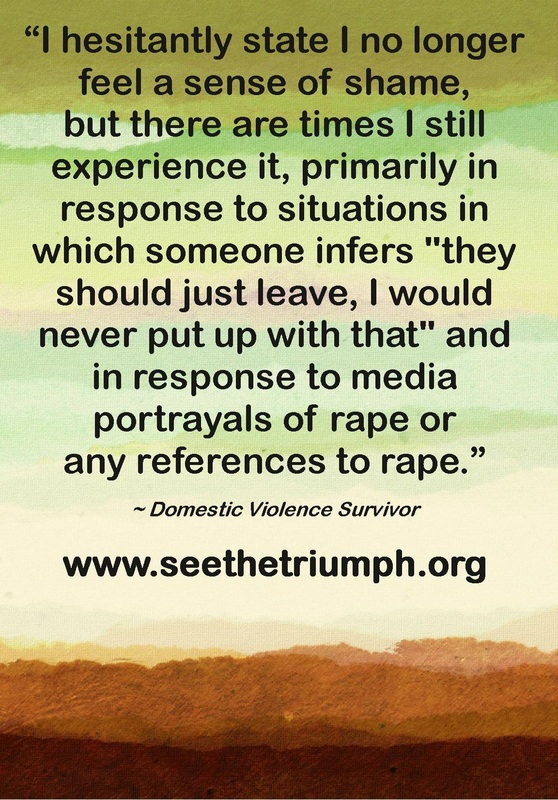
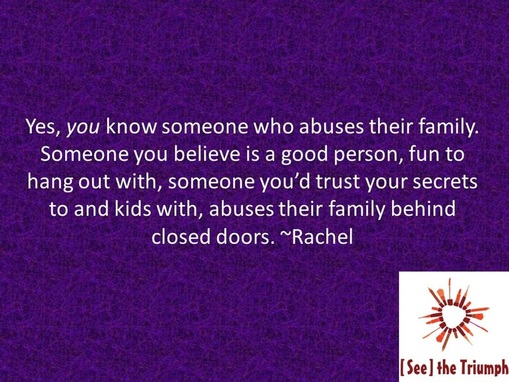
 RSS Feed
RSS Feed